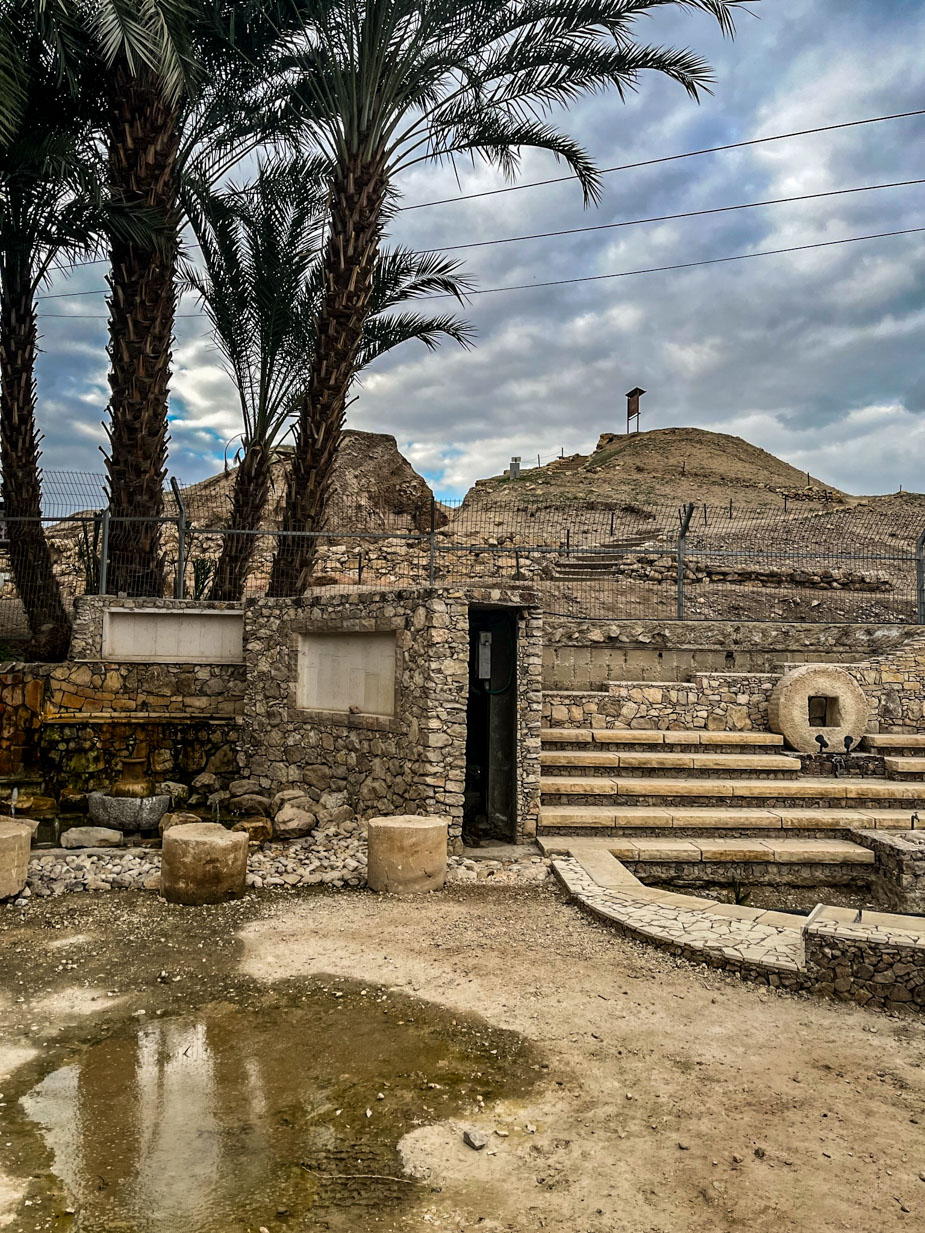

 ©Michael Player
©Michael Player
Chapter 8:13-18 (ESV) - On the second day the heads of fathers' houses of all the people, with the priests and the Levites, came together to Ezra the scribe in order to study the words of the Law. And they found it written in the Law that the Lord had commanded by Moses that the people of Israel should dwell in booths during the feast of the seventh month, and that they should proclaim it and publish it in all their towns and in Jerusalem, “Go out to the hills and bring branches of olive, wild olive, myrtle, palm, and other leafy trees to make booths, as it is written.” So the people went out and brought them and made booths for themselves, each on his roof, and in their courts and in the courts of the house of God, and in the square at the Water Gate and in the square at the Gate of Ephraim. And all the assembly of those who had returned from the captivity made booths and lived in the booths, for from the days of Jeshua the son of Nun to that day the people of Israel had not done so. And there was very great rejoicing. And day by day, from the first day to the last day, he read from the Book of the Law of God. They kept the feast seven days, and on the eighth day there was a solemn assembly, according to the rule.
Question to consider: Why was this celebration of the feast of Tabernacles so special?
Over the last week, people have been recognizing “Reformation Day”, when Martin Luther posted 95 theses on the door of the church in Wittenberg. By posting them, Luther was attempting to open up a conversation with the authorities in Rome to discuss these points in which he believed that church tradition and Papal authority contradicted or diminished the work of Christ in scripture.
Rather than engaging in the discussion and submitting to the word of God, the authorities excommunicated Luther and sought to put him to death. Having escaped his executioners, Luther went into hiding and translated the New Testament scriptures into German with the help of his friend, Philip Melanchthon, so that it could be distributed to people in the common language.
While some would argue that the Reformation fractured the church, the reason I mention it here is that God works through His word, and when people are given the opportunity to read and understand it, it produces a wave of repentance and a desire to walk more closely with God.
As the people studied the Law with Ezra, they realized that over the course of their exile, they had lost the feast of Tabernacles. The week-long feast celebrated Israel’s deliverance from captivity in Egypt and the time in the wilderness before God had given them the land of Canaan. The people lived in their own booths that each family fashioned from olive branches and decorated in a festive manner. During this time, they celebrated God’s provision in the wilderness and their inheritance in the land.
It is not surprising that this feast was neglected during the exile, for it was difficult to celebrate freedom from captivity when they were once again in the midst of captivity. Having been restored to the land and having rediscovered the feast, this generation celebrated like no other generation since it was originally celebrated by the people of Israel when they entered the land at the time of Joshua.
Ultimately, I believe that the booths represent the family of God assembled together in churches across the globe. If you went through my study of Zechariah 14, we read about a vision he had where people from all nations celebrated the feast of Tabernacles and worshiped the King. The world is our wilderness, for we are citizens of Christ’s kingdom and thus aliens and strangers in the world. We continue to gather with one another in tabernacles all over the world to worship the King and celebrate in the feast He provides. “For as often as you eat this bread and drink the cup, you proclaim the Lord's death until he comes.” (1 Corinthians 11:26)
Dear Lord, help us to be like Israel in the time of Nehemiah and rediscover Your word, turn back to You and rejoice in the feast which You have given to people from every tribe and nation. We look forward to the day when we can celebrate this feast with You in Your kingdom. Amen.